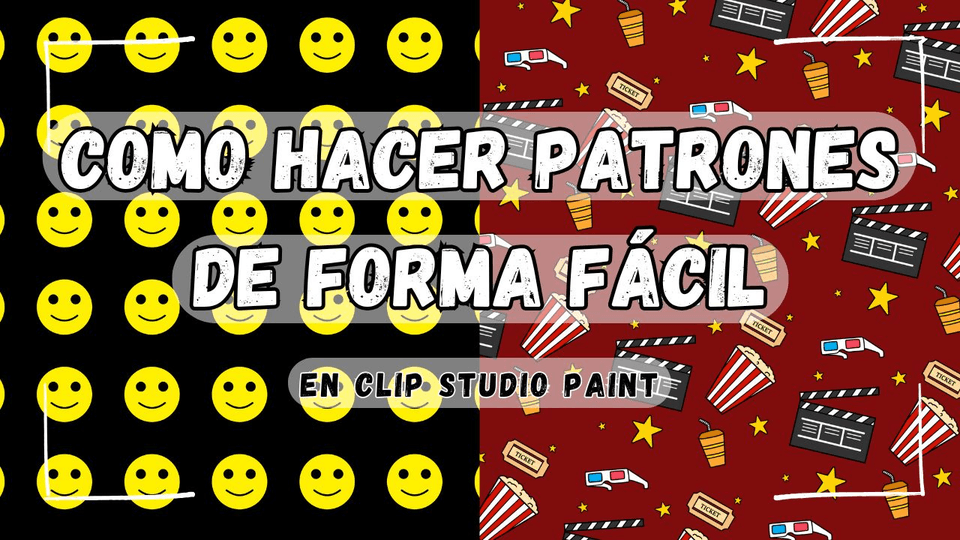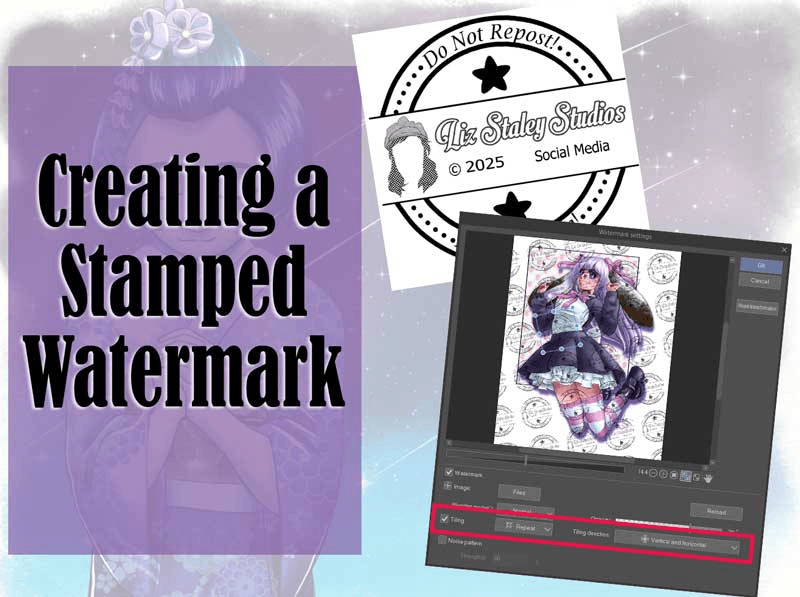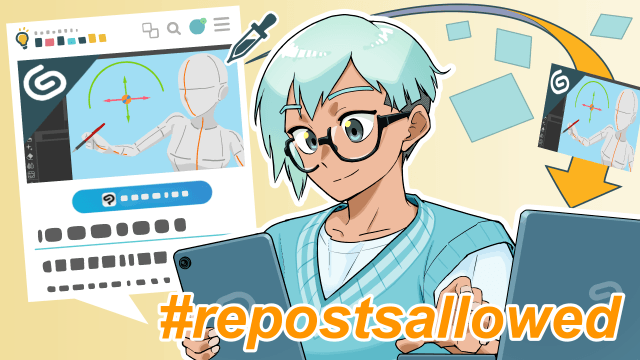A selection to brighten the dark areas of the photo
TIPS to make a selection for dark parts of a photo and brighten it with "Level Correction"
This is a sample photo
This is the original dark photo
The dark part is so dark that I can't see it well.
It's irretrievable because it's flying bright and white outside the house
I'm afraid that the photo will fly white, so I'm taking it a little under
It's scary that if it flies white, it can't be processed any further.
However, the dark part is just hard to see, and the information is quite hidden.
By lifting the information in the dark with "level correction"
You can easily make things that didn't look dark
However, at the same time, the bright part may become brighter and fly white.
A photo with overexposure will be further enlarged.
Photo brightened by level correction ↓ (Selection range etc. are not created)
If you select only the dark parts of the photo and leave the bright parts untouched
I thought it might work
Not only can you lift dark areas, but you can also make bright areas stand out as an application.
I thought maybe I could do it
Leave the original photo as it is
Make photo reproductions available as a selection material
I'll try to do something with the tonal correction layer
How to make and use a selection
1)
Open the photo in CLIP
Duplicate a photo with the layer palette
Lock the original photo so it can't be processed by mistake
Select the layer of the duplicated photo (this layer must be a raster layer)
Select "Hue / Saturation / Brightness" from "Tone Correction" in the "Edit Menu" and set the saturation to (-100).
The photo is now gray
2)
Select "Binarize" of "New Color Correction Layer" in "Layer Menu".
Now find the bright spots you don't want to touch
It's a magic to prevent bright enough areas from becoming even brighter.
It depends on the photo used
In this example, I set it to (224)
Remember (224) and delete this "threshold layer"
3)
Select "Fill" from "New Layer" in the "Layer Menu"
Set all "RGB" values to memorized (224)
In the layer palette, set the compositing mode of "solid layer" to "gradual calculation".
With this process, the part brighter than (224) becomes "white".
Colors below white move up gently
"Merge to the layer below" as it is
4)
Select "Convert Brightness to Transparency" from the "Edit Menu"
The gray image on the canvas is transparent
The layer for the selection is complete
Hide this layer in the Layers palette
You can create a "selection from layer" while hiding it
5)
Layer thumbnails for hidden selections in the Layers palette
For windows, hold down the (ctrl) key and click
For mac, hold down the (command) key and click
You can make a selection
- You can hide this selection as it is by setting "Selection as stock".
6)
Use this selection to add a mask to the tonal correction layer
Select "Level Correction" from "New Color Correction Layer" in the "Layer Menu".
Move the middle knob to the left
(Move to just past the right place)
The dark parts of the photo become brighter, and you can see the dark and unsightly parts.
It will be brighter, but it will not have a flat and three-dimensional effect.
7)
Again the thumbnail of the layer for the hidden selection in the layer palette
For windows, hold down the (ctrl) key and click
For mac, hold down the (command) key and click
Make a selection
(* The layer selection range is created by modifying the thumbnail with the modifier key + click without selecting the layer.)
You can also use "Reselect" from the "Selection" menu.
8)
Select "Brightness / Contrast" from "New Color Correction Layer" in the "Layer Menu".
Set the value of "Contrast" to (+20)
The picture has a three-dimensional effect
This is the end of "brightening dark areas"
But I will process it a little more
Makes the bright areas feel good
The photo of this sample is not in very good condition because it is blown out in white.
For example, for white and flat "clouds", level correction may bring out three-dimensional details.
However, when it is impossible, it is impossible, it is not all-purpose
9)
Then, once again, the thumbnail of the layer for the selection of the layer palette
For windows, hold down the (ctrl) key, and for mac, hold down the (command) key and click.
Or select "Reselect" from the "Selection" menu.
A selection is created
Ten)
Select "Invert Selection" from "Selection Menu"
Select "Level Correction" from "New Color Correction Layer" in the "Layer Menu".
Move the middle knob moderately "to the right"
Don't move too much
The end
Should be better
The bright and dark areas will look better as explained,
The middle part of the brightness is also lost
I'm thinking about the middle part right now
Photos should be more lively if you come up with ideas for making better masks
I'm still in the midst of trial and error
Auto action
This is the auto action that became the basis of this TIPS.
I'm creating it while holding my head as I came up with it
After uploading this, I come up with "gradual calculation".
Material ID 1750296
At the end
I've written so far
This does not make the photo beautiful
It is for highlighting the dark part to see the details of the document photo.
It is an experiment that uses a selection range that uses the light and darkness of a photo.
Sometimes it's better to stay invisible to the world
If you try to make the silhouette brighter, the part that has been processed to the fullest may come out.
Not suitable for bright and fluffy photos from the beginning
There are some parts that are dark and hard to see.
If you lighten the black drawing paper and see something, it's the entrance to another world.
Please play a lot















Comment